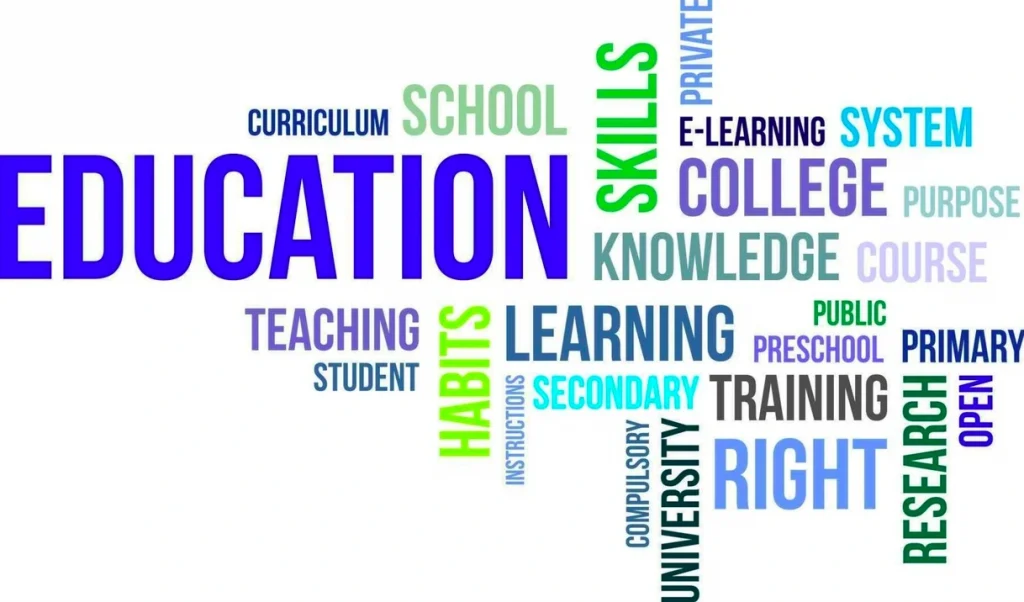The Indian education system has been a cornerstone of the country’s development and progress, playing a vital role in shaping the minds of future generations. However, it is not without its share of challenges.
Let us discuss some challenges we encounter on a daily basis in our education system.
1. Inequality in Access to Quality Education:
One of the most pressing challenges is the stark disparity in access to quality education across different regions and socio-economic groups. Rural areas and marginalized communities often lack proper infrastructure, qualified teachers, and learning resources, leading to an unequal educational experience.
2. Rote Learning Culture:
The Indian education system has long been criticized for promoting rote memorization over critical thinking and practical application. This approach stifles creativity and discourages students from developing problem-solving skills.
3. Outdated Curriculum:
The curriculum in many Indian schools is outdated and disconnected from real-world needs. It fails to equip students with relevant skills for the modern job market, leading to a gap between education and employability.
4. High-Stakes Examinations:
The excessive emphasis on high-stakes board examinations places undue stress on students, often leading to mental health issues. The single-minded focus on exam results overshadows holistic development and a well-rounded education.
5. Teacher Quality and Training:
The shortage of skilled and motivated teachers is a persistent challenge. Inadequate teacher training and low salaries often discourage talented individuals from pursuing a career in education.
6. Lack of Technical Education:
The Indian education system leans heavily towards traditional academic streams, neglecting technical and vocational education. This leads to an oversaturation of certain professions and a shortage of skilled professionals in other fields.

We have suggested a few simple solutions which would help in overcoming the challenges we discussed above with the Indian Education System:
1. Equitable Access to Education:
To address inequality, there should be a concerted effort to improve infrastructure and resources in rural and marginalized areas. Government initiatives should focus on building more schools, providing access to digital learning tools, and offering scholarships to underprivileged students.
2. Shift from Rote Learning to Critical Thinking:
The curriculum should be redesigned to encourage critical thinking, creativity, and problem-solving skills. Incorporating project-based learning and interactive teaching methods can help students develop a deeper understanding of concepts.
3. Curriculum Modernization:
Regularly updating the curriculum to reflect current trends and demands of the job market is crucial. Introducing practical subjects like financial literacy, digital skills, and entrepreneurship can better prepare students for life beyond school.
4. Continuous Assessment:
Moving away from a heavy reliance on final exams, schools can adopt a system of continuous assessment that evaluates students based on their overall performance, class participation, and project work. This approach would reduce stress and promote holistic learning.
5. Teacher Training and Incentives:
Improving teacher quality requires comprehensive training programs that focus on modern teaching techniques and student-centered approaches. Offering competitive salaries and benefits can attract and retain talented educators.
6. Promotion of Technical and Vocational Education:
Recognizing the importance of technical skills, the education system should invest in vocational training programs that equip students with practical skills. Collaboration with industries can help align education with job market demands.
Conclusion
The Indian education system stands at a critical juncture, facing multifaceted challenges that hinder its ability to provide quality education to all. While the road ahead may be challenging, it is imperative to address these issues for the betterment of the nation’s youth and its future prospects. India has the potential to create an education system that fosters creativity, critical thinking, and holistic development. With continuous investment in education and reformed policies, India can become a leading centre of knowledge. A land truly with all the blessings of Goddess Saraswati!
Read more:
E-Learning: How to Get Started with it as a Student?

